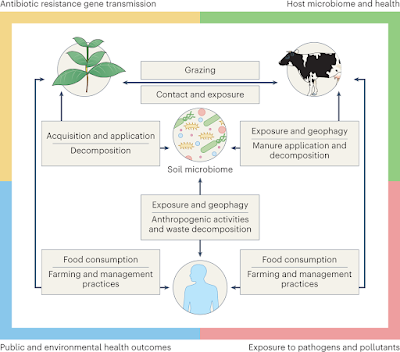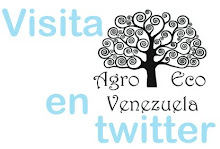Caminábamos con Borges por un barrio de quintas, en Mar del Plata, y de pronto sentí un olor que me conmovió. Borges me dijo que los recuerdos que más nos emocionan son los de olores y gustos, porque suelen estar rodeados de abismos de olvido: hay que oler el mismo olor para recordar un olor, hay que sentir el mismo gusto para recordar un gusto (no ocurre así con imágenes y sonidos). ¡Con qué emoción volvemos a oler el mismo olor que por última vez olimos en tiempos lejanos, en lugares a los que nunca volveremos!
Sábado, 23 de julio, 1949.
Adolfo Bioy Casares (2006) Borges. Ediciones Destino











